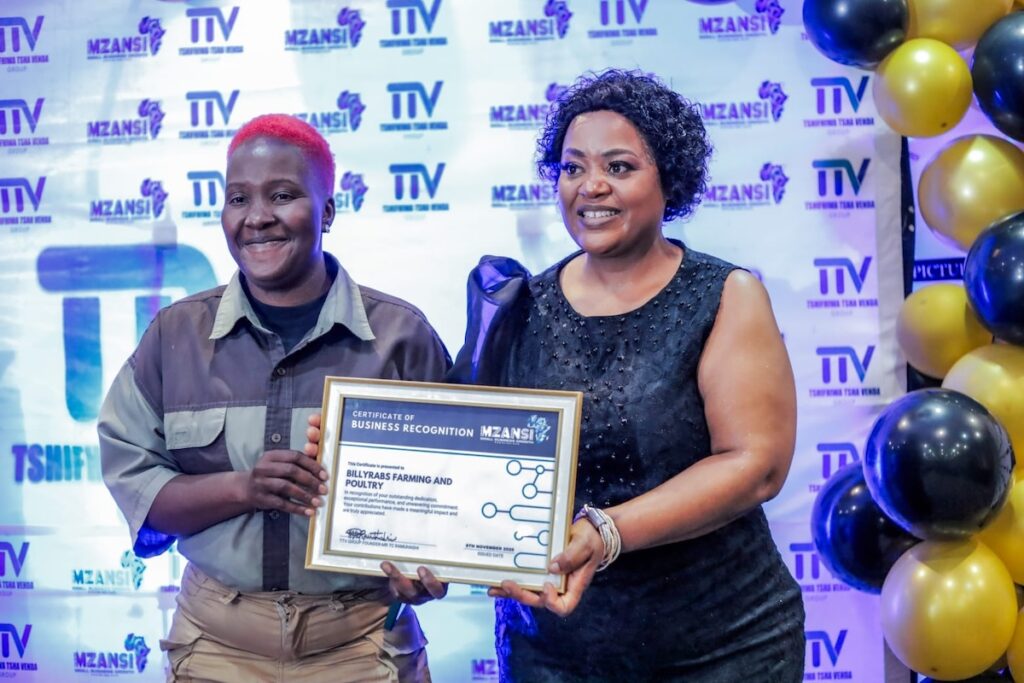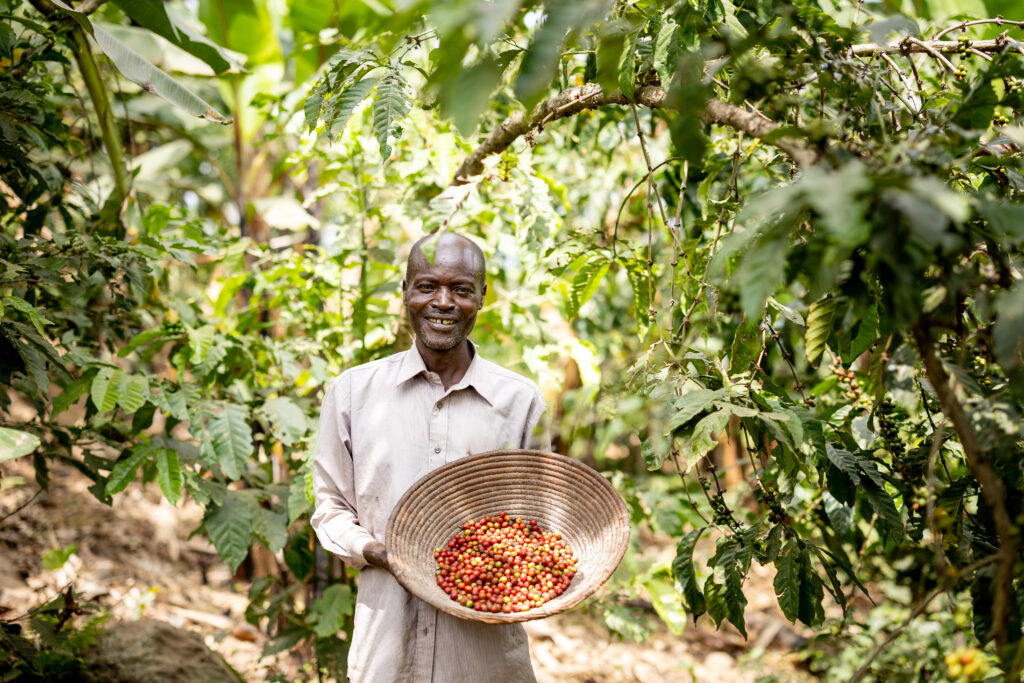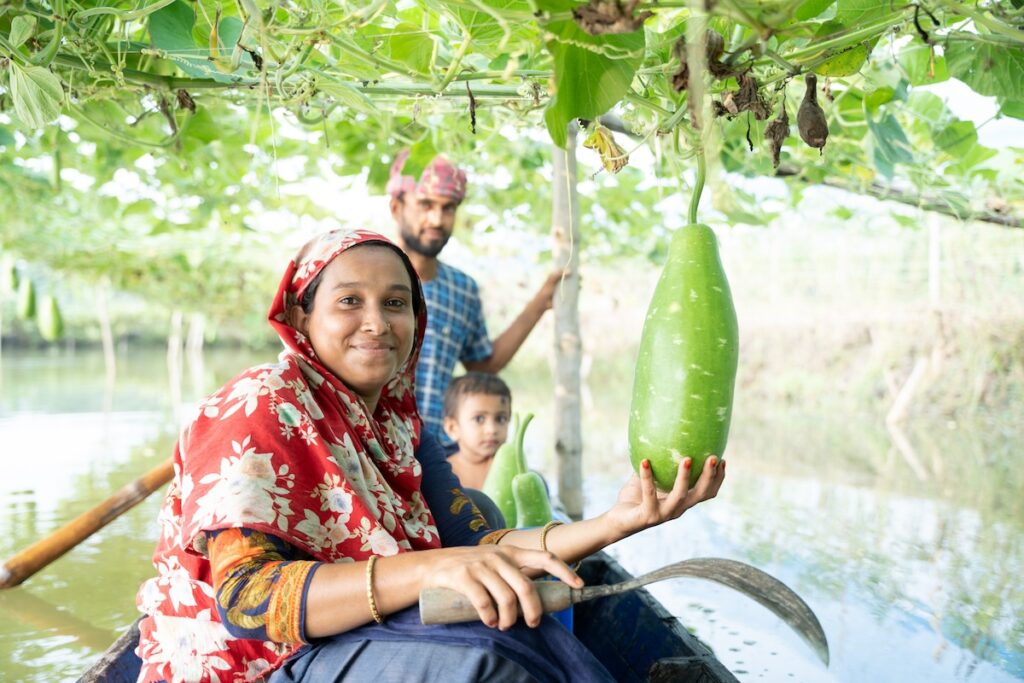Region: Southern Africa
Farms as Learning Spaces
On this International Day of Education, it’s worth remembering that education isn’t confined to classrooms; it happens wherever people are…
24 January 2026
Tea Ties: From Labor to Ownership
Mozambique’s tea sector is at a turning point. Solidaridad and Sociedade Desenvolvimento da Zambézia (SDZ) are launching an outgrower model…
19 January 2026
Fostering regenerative agriculture through PRASL project in Mozambique
The Promoting Regenerative Agriculture for Sustainable Livelihoods (PRASL) project is a partnership between Solidaridad, HEINEKEN Africa Foundation, Kvuno and Hiveonline.…
12 January 2026
CSDDD dismantled: False Dilemma Undermines Corporate Accountability
The sustainability agenda is under siege in Europe. What began as a "headwind" in Brussels has stiffened into a storm…
19 December 2025
RECLAIM Sustainability! Progress Report 2024
The RECLAIM Sustainability! programme is a consortium of Solidaridad, TrustAfrica, Fairfood and Business Watch Indonesia, in strategic partnership with the…
Taking stock of the action: What COP30 Meant for Farmers
At the opening of COP30, we called on negotiators to prioritize partnering with small-scale farmers to transform agrifood systems and…
04 December 2025
These are the audited financial statements of Solidaridad Network Foundation Limited Zambia for the year ended 31 December 2024.
17 November 2025
These are the audited financial statements of Solidaridad Network Foundation Limited Malawi for the year ended 31 December 2024.
These are the audited financial statements of Solidaridad Network South Africa Trust for the year ended 31 December 2024.






